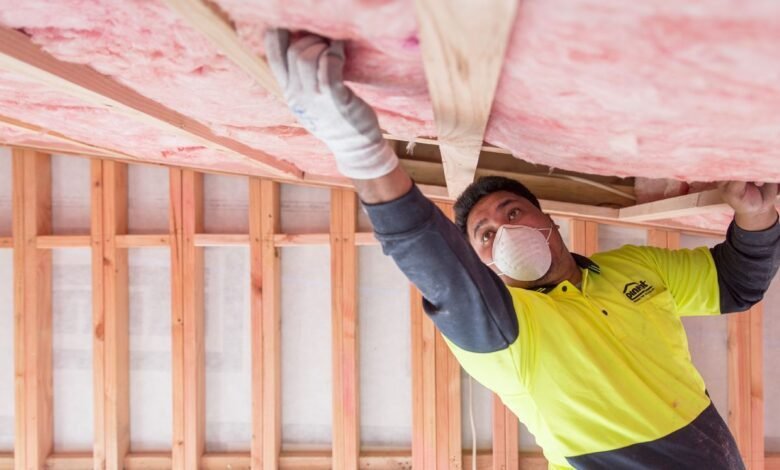How To Choose the Best Insulation Contractor

Are you feeling the chill seeping through your walls during winter, or the heat creeping in during summer? It might be time to consider upgrading your home’s insulation. But before diving into the world of insulation contractors, let’s understand why choosing the right one is crucial.
Understanding Insulation
Insulation comes in various forms, from fiberglass to spray foam, each offering unique benefits. Proper insulation not only keeps your home comfortable year-round, but also reduces energy costs and environmental impact.
Researching Contractors
Start by researching local insulation contractors. Look for companies with a proven track record in your area. Online reviews and recommendations from friends or family can be invaluable during this stage.
Assessing Experience
Experience matters when it comes to insulation. Look for contractors with several years in the industry and a portfolio of successful projects. Client testimonials can provide insight into the quality of their workmanship.
Evaluating Materials
The quality of insulation materials used can significantly impact your home’s energy efficiency. Ensure the contractor uses high-grade materials that meet industry standards and offer maximum insulation benefits.
Cost and Budgeting
Obtain quotes from multiple contractors to compare prices. However, don’t solely base your decision on cost; consider the value offered in terms of materials, workmanship, and long-term savings on energy bills.
Checking Licenses and Permits
Verify that the contractor holds the necessary licenses and permits required for insulation work in your area. Additionally, ensure they have valid insurance coverage to protect you against any liabilities.
Warranty and Guarantees
A reputable contractor should offer a warranty on their workmanship and the insulation materials used. Review the warranty terms carefully to understand what is covered and for how long.
Scheduling and Availability
Discuss the timeframe for the project and ensure the contractor can accommodate your schedule. Delays in insulation installation can disrupt your daily routine, so clarity on timing is essential.
Communication and Transparency
Choose a contractor who maintains open communication throughout the project. They should be transparent about the process, addressing any concerns or questions you may have along the way.
Site Inspection
Before providing a quote, reputable contractors will conduct a thorough on-site inspection of your home. This allows them to assess your insulation needs accurately and provide tailored recommendations.
Contract Agreement
Once you’ve selected a contractor, ensure all project details are outlined in a comprehensive contract. Review the terms carefully, clarifying any doubts before signing on the dotted line.
FAQs (Frequently Asked Questions)
- Do I need to be present during the installation process?
- While it’s not necessary, being available can help address any concerns promptly.
- How long does insulation installation typically take?
- The duration varies depending on the size of the project but can range from a few days to a week.
- Can insulation be installed in existing homes?
- Yes, insulation can be retrofitted into existing homes to improve energy efficiency.
- What factors affect the cost of insulation?
- Factors such as the type of insulation, square footage of the area, and accessibility can influence costs.
- Is financing available for insulation projects?
- Some contractors offer financing options to help homeowners manage the upfront costs of insulation installation.
- How do I know if my home needs insulation upgrades?
- Signs include fluctuating indoor temperatures, high energy bills, and drafts around doors and windows.
Conclusion
Choosing the best insulation contractor is essential for ensuring your home remains comfortable and energy-efficient. By considering factors such as experience, materials, and communication, you can make an informed decision that pays off in the long run.


